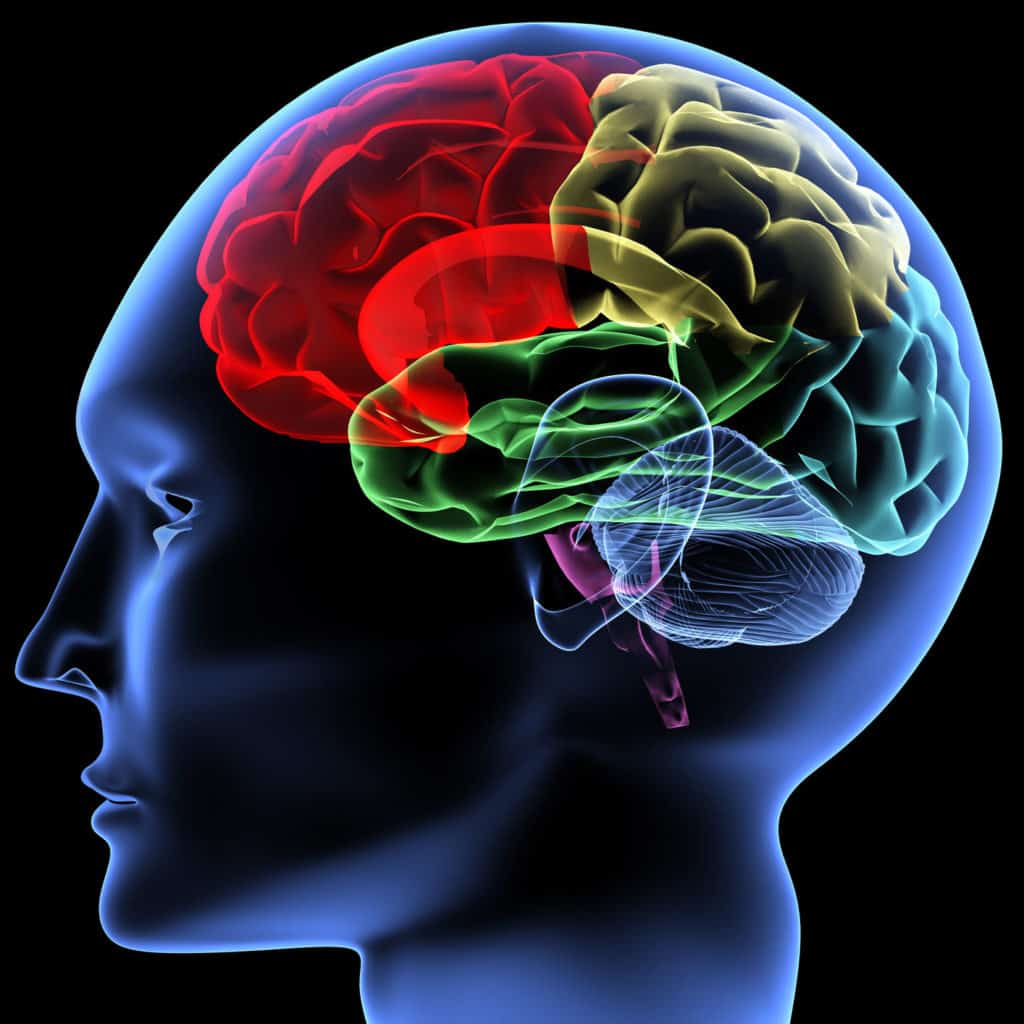By Christine Hammond, MS, LMHC

The short answer is yes. Breaking news tends to be highly dramatic, less specific, emotionally driven, and very current. Just this past week, our area’s breaking news included: bomb threats at several area schools, fatal car accidents, several homicides, discovery of burnt body, missing child, severe child abuse charges pressed against parents, and the latest in political upheaval. Any one of these events can trigger psychological issues.
- The first noticeable response is usually anxiety. This can be mild or more severe leading to a panic attack. When parents were notified of the bomb threats for their child’s school, many were concerned about sending their child to school that day. The affected schools reported a significant increase in absences which is unusual for the first week of school. While it is understandable that a parent would be worried, the news generated anxiety affecting the entire community.
- For a person already prone to depression, too much news can elevate levels. It is discouraging enough to know that some parents abuse their children while other parents are terrified of never seeing their child again. Just thinking about the suffering of the children can place a person in a state of despair.
- Secondary Traumatic Stress (STS). Unfortunately, some news stations are irresponsible about showing video footage of beatings, dead bodies, severe abuse, or torture. Once these images enter the brain, they cannot be removed. A person can relive the incidents over and over generating a secondary stress response. In many cases, this can be just as impactful as PTSD.
- With all that is happening in the world, it is not surprising that many become paranoid of things happening to them or their family members. When the fear takes root, it can limit social interactions and associations with new people which can lead to isolation. The suspicion sometimes becomes so strong that it infects even family members and former friendships.
If any of these sound familiar, it is not too late. Here is something that can be done right now that will change the intensity of the emotions.
- Limit time. Decide ahead of time how many minutes will be devoted to the latest news and then follow it. Try not to watch the news late at night when it is easy to fester on the current happenings right before bedtime.
- Lighten it up. Intermixing other lighter news stories with the breaking news will help to bring balance. This allows for a more accurate perception of the world. Watching a comedy before bedtime is also useful.
- Use responsible news stations, papers, or websites. Avoid sensational journalism that is frequently inaccurate and intended to spark an emotional response. Rather, choose a balance between several sources to discover the truth.
- Talk about it. Having discussions about the news is a great way to release tensions and reduce anxiety. Find a couple of people who are easy to engage in conversation and limit the amount of time that a topic is discussed. For the more traumatic news reports, it is imperative that the situation be discussed to limit the potential for obsessive thinking.
A person doesn’t have to avoid all of the breaking news to keep from being psychologically harmed. Rather, it is better to have a sensible approach with some safe guards in place.
Christine Hammond lives in Orlando and is the award-winning author of The Exhausted Woman’s Handbook available from Amazon, Barnes & Noble and iBooks.
Can Too Much Breaking News Cause Psychological Harm? | PsychCentral









